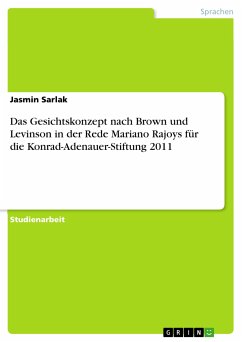Penelope Brown and Stephen Levinson have proposed that power (P), distance (D), and the ranked extremity (R) of a face-threatening act are the universal determinants of politeness levels in dyadic discourse. This claim is tested here for Shakespeare's use of Early Modern English in Much Ado about Nothing, Measure for Measure, The Taming of the Shrew, and Twelfth Night. The comedies are used because: (1) dramatic texts provide the best information on colloquial speech of the period; (2) the psychological soliloquies in the comedies provide the access to inner life that is necessary for a proper test of politeness theory; and (3) the comedies represent the full range of society in a period of high relevance to politeness theory. The four plays are systematically searched for pairs of minimally contrasting dyads where the dimensions of contrast are power (P), distance (D), and intrinsic extremity (R). Whenever such a pair is found, there are two speeches to be scored for politeness and a prediction from theory as to which should be more polite. The results for P and for R are those predicted by theory, but the results for D are not. The two components of D, interactive closeness and affect, are not closely associated in the plays. Affect strongly influences politeness (increased liking increases politeness and decreased liking decreases politeness); interactive closeness has little or no effect on politeness. The uses of politeness for the delineation of character in the comedies are illustrated.
Dieser Download kann aus rechtlichen Gründen nur mit Rechnungsadresse in A, B, BG, CY, CZ, D, DK, EW, E, FIN, F, GR, HR, H, IRL, I, LT, L, LR, M, NL, PL, P, R, S, SLO, SK ausgeliefert werden.









